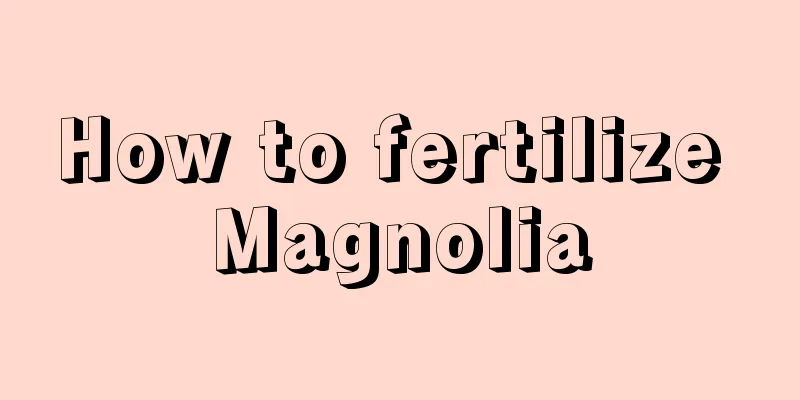When to transplant strawberry seedlings

|
Strawberry is a delicious and nutritious fruit, rich in nutrients such as vitamins, carotene, cellulose, iron, calcium, ellagic acid and anthocyanins. Regular consumption can protect eyesight and aid digestion. Because strawberries taste sweet and sour, they are very popular among young people, and many people choose to grow them at home. Transplanting time of strawberry seedlingsThe best transplanting temperature for strawberry seedlings is between 15 and 25 degrees, so it can be done in September and October in autumn. It is recommended to do it on cloudy days or after 5 pm, because the temperature during this period will be relatively low, and the survival rate will reach over 90%. How to transplant strawberry seedlings1. Soil and seedling selection It is recommended to choose neutral or slightly acidic soil containing sufficient organic matter and good drainage for planting strawberries. For seedlings, it is recommended to choose seedlings with good growth and try to choose varieties with strong cold resistance. When selecting seedlings, you must also pay attention to not choosing seedlings with diseases, pests, and mechanical damage. 2. Transplanting method Strawberry seedlings need to be given enough base fertilizer before transplanting. Generally, decomposed organic fertilizer is chosen, mixed with an appropriate amount of calcium fertilizer and potassium fertilizer. When transplanting, pay attention to the roots being level with the ground. If it is too shallow, the seedlings may be sunburned. If it is too deep, the leaves on the strawberry seedlings will easily rot and turn yellow, which will result in a low survival rate of the strawberry seedlings. Management of strawberry seedlings after transplantingAfter transplanting, the strawberry seedlings need to be watered thoroughly to keep the soil slightly moist. After the soil surface is dry, the soil needs to be loosened with a hoe to ensure moisture in the soil. In addition, a diffuse light environment should be provided to avoid exposure to sunlight, so as to facilitate resumption of growth. |
<<: What are the cultivation methods and precautions of pepper grass
>>: Advantages and disadvantages of fruit roses
Recommend
When should Gesang flowers be planted?
There are many varieties and colors of Gesang flo...
How to grow Qibao tree
The maintenance environment of Qibao Tree Brocade...
Is azalea easy to grow? Maintenance methods and precautions
Is azalea easy to grow? Rhododendron is relativel...
Fruit tree planting management guide in December
Entering December marks the beginning of the wint...
What to do with the little white bugs on the leaves
1. Soil treatment Before planting the plant in th...
The efficacy and function of mulberries
1. Enhance immunity The various vitamins and caro...
How long does it take for Kalanchoe cuttings to take root?
1. Water-inserted plants can grow roots in seven ...
What to do after lilies have finished blooming
1. Timely pruning Lilies bloom from July to Octob...
What is the best soil for growing Clivia? How to configure the best soil for potted Clivia?
What kind of soil does Clivia like? Clivia partic...
How to judge whether to water the flowers or not, how to judge whether to water too much
1. How to judge watering flowers 1. Leaf changes:...
Can Lover's Tears be hydroponically cultivated? How to root them hydroponically?
Can Lover's Tears be hydroponically cultivate...
How to grow Sasa no Yuki and what to pay attention to
1. Lighting It is quite delicate in terms of ligh...
Can snakeberry be eaten? What are its effects and functions?
1. Can snakeberry be eaten? Snakeberry can be eat...
Are tomatoes shade-loving or sun-loving plants?
Do tomatoes prefer shade or sun? Tomato is an ann...
The difference between white ginseng and American ginseng
1. Difference in appearance 1. Color: As the name...









